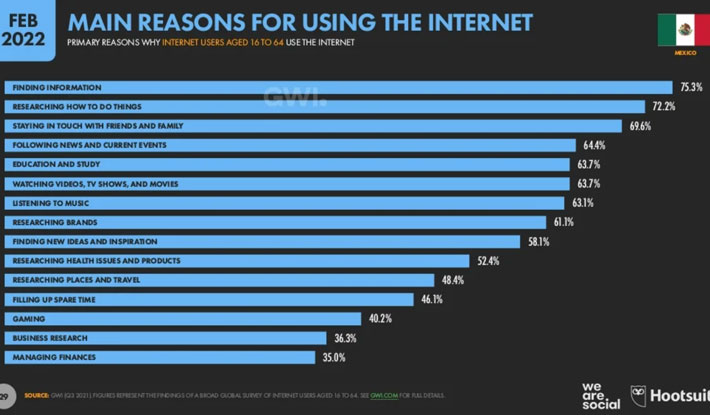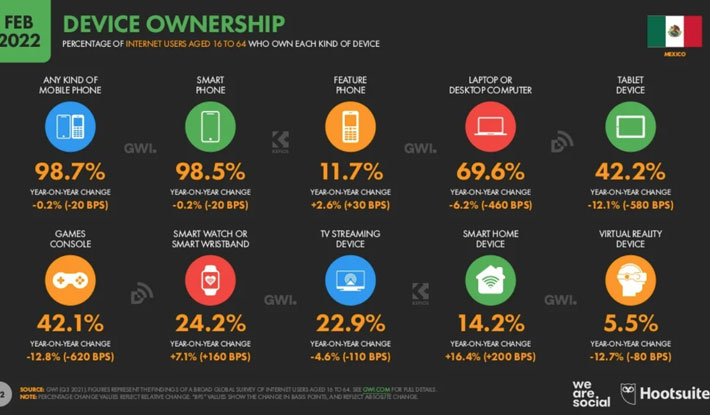One of the greatest challenges we have as businesses is to sell our products or services. To be known and chosen by people in their purchasing decisions.
And we often lose sight of this essential factor: each person decides what to buy. His or her will decides.
And this depends on your desires, needs and expectations, as well as the information you have at the time to be able to evaluate the available options.
And what does it mean to have information?
All that you know and understand, that will help you to solve the client’s pressing situation.
Let’s take some practical examples, how would people evaluate purchasing possibilities in the following cases?
1. A purchasing manager of an automotive company requires a supplier of high quality plastic parts.
- On your own supplier list
- Consulting peers and colleagues
- Researching on the Internet
2. A housewife is scheduled to buy a mixer to make cakes at home.
- She asks family or friends who have the same taste for pastry.
- She visits department or specialty stores.
- She researches on the Internet, it could be on Google, Amazon, Facebook or specialist websites for kitchen items.
3. An executive who is scheduled to trade in his car for a new one.
- Evaluates your own experience and knowledge of automobiles
- Ask trusted people
- Research on the Internet.

It is true that people who are close to us have an important influence on our decisions.
But one must also consider that the way in which people evaluate purchasing options has changed; people use the Internet extensively.
The Digital 2022 Mexico report, published by HootSuite and We Are Social, provides the following data:
Main reasons for using the Internet.
- Finding information 75.3%.
- Researching how to do things 72.2%
- Research brands 61.1%.

Considering also that the use of smartphones in some countries is over 90%, as in Mexico, which is 98.5% in people aged 16 to 64 years.

What does this tell us?
It is true that when in doubt or in need, we will look for people we trust.
And, it is quite possible that with the information obtained, more research will be done on the Internet.
Either through search engines such as Google or Bing, social networks, specialized directories or by going directly to the brands’ websites.

And from there will come an evaluation process where offers will be compared, where in addition to the price, which is obvious, other factors will influence such as:
- Access speed
- Friendliness of interface
- Information quality
- Ease of contact
- Availability
- Shipping cost
- Valuation and opinion of other Internet users
- Brand reputation
- And others.
Now…
What if they don’t know us, what if they can’t find us?
We will not be within their means. We will simply not exist.
And I ask the reader to do a little exercise: think of all those products you don’t know about, of which you know nothing. It’s an impossible exercise, isn’t it?

People make evaluations based on what we know, the information, the data that allow us to lean towards one product or another, towards this or that service.
Information is essential. And it is the supplier’s responsibility to make it available to consumers in the most understandable way possible.
And to achieve this, the Internet has no equal.





